EU Aid Volunteers: The field work experience
As a participant of the EU Aid Volunteers program and a temporary member of Alianza Haiti team, I have this extraordinary opportunity to grasp the experience of the field work and to learn how to do a bon djòb. The question of the field work, the doing of “the real business”, its comprehension, interpretation and value, I have questioned from the first reference in the talks, literature and report reviews, the first glimpse and practical hands-on in the university field trip and storytelling of the colleagues at work. What is it so special about the field work? Why is it often quoted and/or even argued that people based in the office cannot really comprehend what it is really going on in the field?
The straightforward dictionary definition says that “field work” is ‘an investigation or search for material/data, made in the field as opposed to the classroom, laboratory or official headquarters’ (the Free Dictionary), ‘a place where you are working and studying in real situations’ (Cambridge Dictionary), or simply ‘a work done in the field, in the form of a research, exploration, surveying or interviewing’ (Dictionary.com). Being ‘there’, on the spot, close to the ground of actually happening activities, working with and/or for them, personally witnessing these moments, this is what counts. It implies both emotional and professional factors that you experience being in the field. For instance, you might discover ‘your own value’ as a specialist and as a person working and living in very different settings (conflict, hardship places); you might sense the value of your work by observing the direct impact of your actions in short or longer terms. Moreover, the fieldwork provides you with a proof that justifies (or not) the numbers in the reports, visualizes thoughtful policy plans and strategies created in the corridors of the HQ offices and shows a progress of your project. The ‘pure’ implementation is there in the field and you are a part of it. And to my mind, this is the special thing – to be a part of implementation process and contribute as much as you can with a quality work or bon djòb.
Recently, FAO (Food and Agriculture Organization of the United Nations) and Alianza por Solidaridad have launched a new project (financed by ECHO) aiming to restore and reinforce the livelihoods of the farmers in the areas affected by the hurricane Matthew (Bainet, Côte de Fer, Chardonnieres and Port a Piment), as well as to provide food assistance to the most vulnerable 3 500 households in the form of cash transfer (Cash For Work and unconditional cash) and distribution of the agricultural tools, nutrition training and inputs for their livelihoods. In the end of February 2017 I was present in the mission to Bainet and Côte de Fer and have witnessed a start of this project. The main focus of the mission was to meet with the local authorities of Bainet and Côte de Fer, such as the mayors of the towns, members of municipality board (CASEC) and members of the assembly of communal sections (ASEC), and inform them about the project, initiate the dialogue and discussion about future collaboration and support. While implementing its projects, Alianza stresses an importance to involve and maintain good collaborative relationship with the local authorities at all levels (local authorities can be both as beneficiaries of the projects and invited as observers in the committees/meetings), as well as with the local communities and local leaders. At the same time such activities serve the ground to capacity building of the local actors, mutual exchange of significant information in focusing on the actual needs of the most vulnerable population and simply showing the respect. Such approach can be a crucial point in the success of the project.
Although we had to watch out for the rain on one of these mission days and were actually afraid of participation of very few invitees, the meetings were fruitful (for ex., there were around 20 representatives from different local authorities in Bainet meeting) and all parties were looking forward for the next steps. It is worth mentioning that a simple rainfall in the field might cause you problems by the road cuts, inaccessibility of the meetings spots and cancellation of the important meetings with the local authorities and communities. In our case the audience has been reached, the interest has been raised and the mission successfully accomplished. However, you should be aware of similar realities and unpredictable barriers, such as suddenly triggered unrests, conflict situation or any other significant event that might stop all (or partially) your activities, high risks, force majeur events and natural disasters that will change in seconds the pace of your project. Thus, the sense of flexibility, adaptability and rapid reaction are a must!
To conclude, each of us will have its own experience and acquired perception of the field work. As for me, by seeing the field experts working hard in the field, putting lots of efforts and energy in the work that make projects run and people benefit, elevates a big sentiment of respect and raises a bar that I would want to reach.
Imagen: Alianza Haiti team meets local authorities in Côte de Fer, Haiti (22 Feb, 2017)
This document has been produced with the financial contribution of the European Union. The views expressed therein can in no way be taken as reflecting the official position of the European Union.


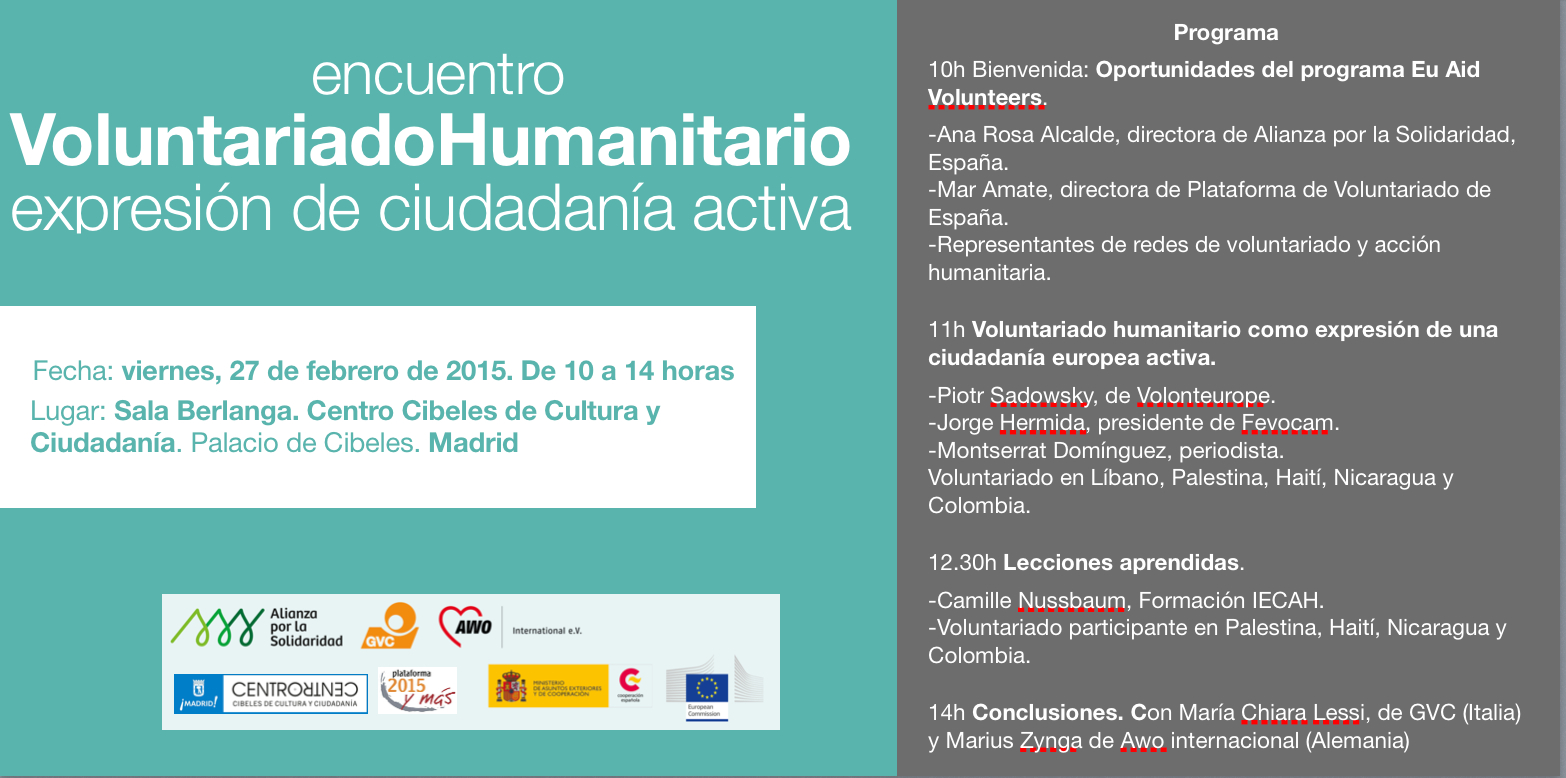

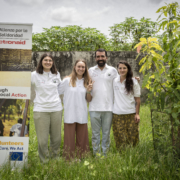
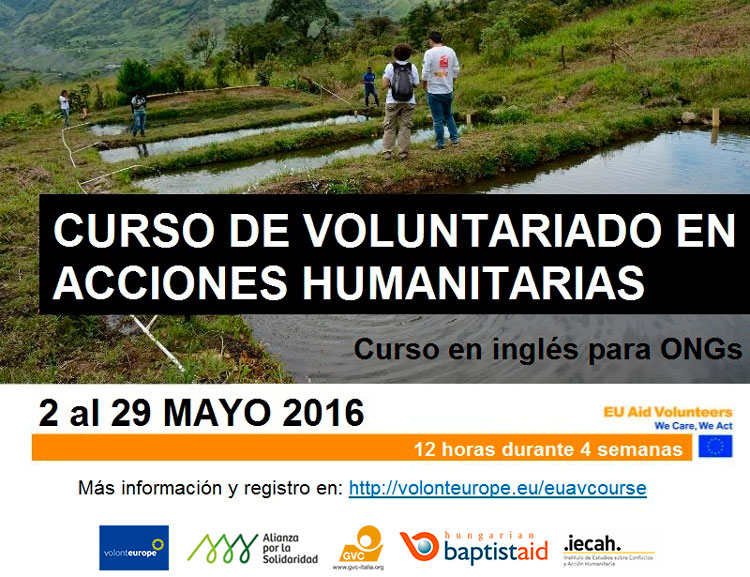

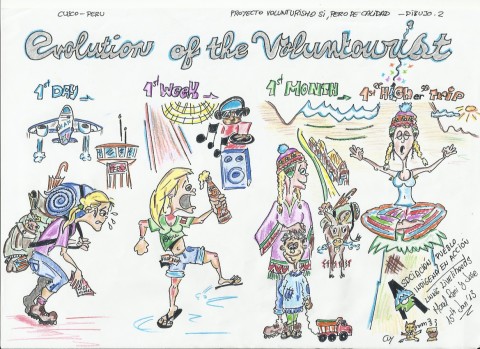
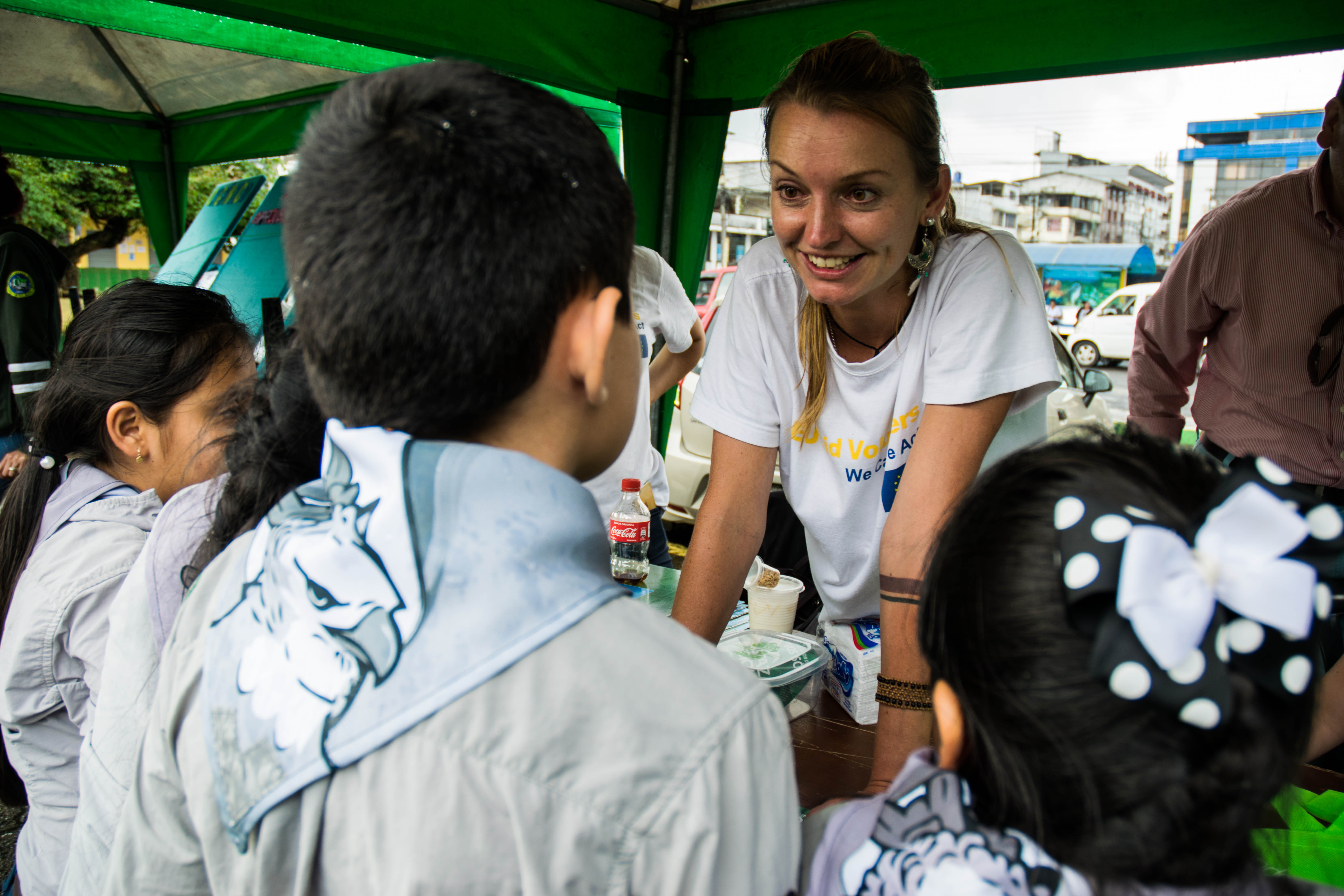
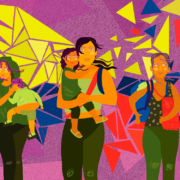









Dejar un comentario
¿Quieres unirte a la conversación?Siéntete libre de contribuir!